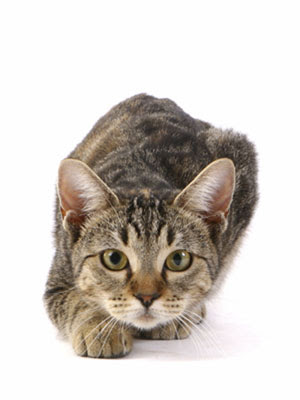Love is not a one size fits all. Each person needs something different and each person can offer something different. This blog is me taking an idea I've already expressed one step further into the realm of relationships.
I hope these ideas will be helpful for several reasons. If you're looking for a relationship ideally it'd be with someone that shares similar values and goals. While it's both impossible and unadvisable to look for your clone, common ground can mean common footing during future difficult times. The second, perhaps more important, reason the below could be valuable is that it can help us love our partners better. Knowing how/why they think the way they do can mean we can support and serve them with both greater depth and specificity.
O, and once again, life isn't about one thing. Life is about all of the below. These are not mutually exclusive categories so much as they are handles to help us understand lofty concepts. May you take time to consider how you can gain fulfillment from these purposes and consider which one you can grow the most in.
Life is about:
Life is about:
- Relationships
- Activities they tend to engage in: imagining the future with others, outings with others, keeping up with old and new friends, etc.
- Strengths: values others (either/and a few deep relationships or many social relationships), truly cares, they are the social glue that keeps people together, etc.
- Pit falls: idolizing love, idolizing others, codependence, being clingy, etc.
- Needs: people, time, access to important relationships, to make new connections and to maintain old ones
- Achievements
- Activities they tend to engage in: competition, loves goals to work towards, needs a challenge, goal oriented hobbies, enjoying checking things off to-do list, thriving under deadlines, etc.
- Strengths: they get things done, dedicated, focused, task oriented, etc.
- Pit falls: driven, blind to relational damage due to bulldozing, being trapped on the tread mill of achievements and never feeling good enough, etc.
- Needs: to be cheered on, set achievable goals, make small steps in the direction of goal, celebrate progress, etc.
- Experiences
- Activities they tend to engage in: travel, trying new foods/drinks, sexually experimentation, creative self expression, cognitive stimulation, emotional catharsis, etc. (Expressed sensually, cognitively and emotionally)
- Strengths: able to appreciate all that life offers, in the moment, exuberant, passion for life, artistic, creative, genius, etc.
- Pit falls: selfishness, hedonism, being snobbish about art/intellectualism, constantly needing a 'fix' of an experience, etc.
- Needs: to go on trips/vacations, to be allowed to budget for trying new things, plan for the future, remember others, appreciate what other people find beautiful, etc.
- Self-Improvement/Growth
- Activities they tend to engage in: religion for the sake of personal growth, self-help programs, physical fitness, etc.
- Strengths: growing, teachable, wants to improve, etc.
- Pit falls: self-critical, adhering to program to the detriment of the rest of their life, idolization of process, etc.
- Needs: honest feedback, to have mentors/heroes/teachers in their life, accountability, a cheerleader, to appreciate improvements, etc.
- Cause/Mission
- Activities they tend to engage in: volunteering, charity, utopian idealization, etc.
- Strengths: they're givers, passionate, resolute, visionary, optimistic, servants, etc.
- Pit falls: quixotic, unrealistic, jaded, disillusioned, too heavenly minded to be any earthly good, forgets to smell the roses, thinks of people as pawns to be manipulated rather than enjoyed and valued, etc.
- Needs: reality checks, to be involved in something greater than themselves, grateful receivers, to appreciate progress, be around people that care about the same cause, appreciate the now and not be trapped in the future, etc.






























